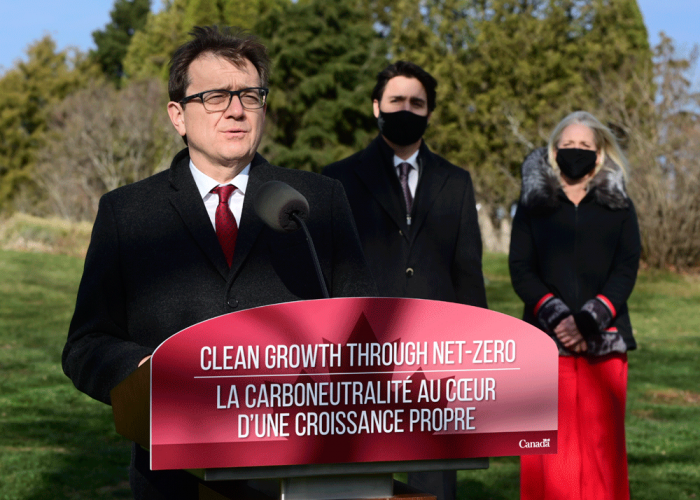The climate accountability legislation introduced today unfortunately has major deficiencies that will, at best, hold future federal governments accountable for Canadas climate commitments, he said in a written statement.
Marshall criticized the plan for not legislating the most important target in 2025, and instead beginning in 2030.
Given that Canada has missed every climate target in the past 20 years, strong accountability legislation is a necessary tool for breaking this pattern and tackling the climate emergency head-on. However, the proposed legislation currently lacks key elements.
It is ultimately up to Canadians to continue to choose governments that are serious about reducing climate change
The David Suzuki Foundation, meanwhile, said Bill C-12 was a major step in meeting international climate targets, and broadly aligns with the gold-standard U.K. legislation, in place since 2008, which has played a role in the U.K.s ability to hold leaders accountable, reduce polarization and drive down carbon emissions, according to a statement.
Environmental groups have been calling for legally-binding emissions targets, warning that higher global temperatures could irreversibly damage the planet. Industry has broadly accepted environmental policies like carbon taxes, but has meanwhile said that a controlled phase out of natural resources remains entirely unworkable in a world heavily dependent on fossil fuels.
Speaking to reporters, Trudeau acknowledged that the legislation would not in itself force future governments to meet the 2050 target. He said accountability for meeting those targets would ultimately be carried out by voters, who increasingly support stricter climate change policies.read more
Canada formalizes ‘net zero’ emissions plans after decades of failure to meet climate targets – National Post


